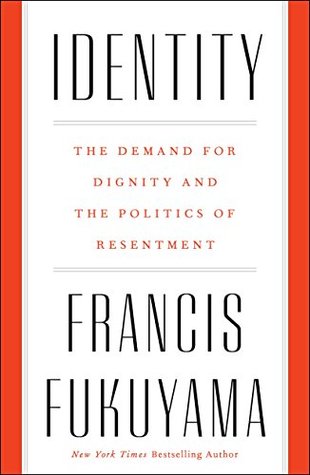Like Luther, Rousseau establishes a sharp distinction between the inner self and the outer society demanding conformity to its rules. Unlike Luther, however, the freedom of that inner individual does not lie only in his or her ability to accept the grace of God; rather, it lies in the natural and universal ability to experience the sentiment de l’existence, free of the layers of accumulated social convention. Rousseau thus secularized and generalized the interiority opened up by Luther, accomplished through an exploration of Rousseau’s innermost feelings that was as anguished and prolonged as
...more
Welcome back. Just a moment while we sign you in to your Goodreads account.


